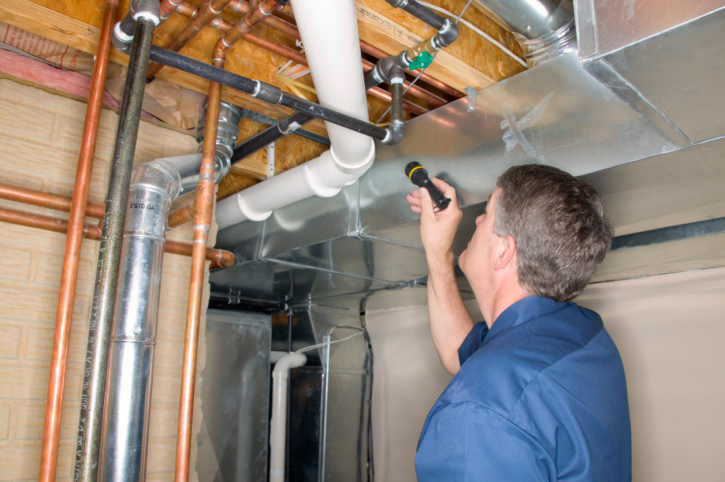Buying a House or Condo? Why the Home Inspection Process is One You Won’t Want to Skimp On
 Once you have found that perfect home with the right price and every little feature you were hoping for, it’s important to keep in mind that the home has been presented in a way that accentuates its highlights and shadows any flaws. For this reason, it is crucial that you get a home inspection before completing a purchase.
Once you have found that perfect home with the right price and every little feature you were hoping for, it’s important to keep in mind that the home has been presented in a way that accentuates its highlights and shadows any flaws. For this reason, it is crucial that you get a home inspection before completing a purchase.
Many sellers also have inspectors investigate the home in order to determine its sale value. As such, they should be aware that a prospective buyer will want to request an independent inspection to verify the findings.
Reasons For Home Inspections
If you are the one purchasing the home, getting an inspection is likely to be the most important investigation you need to perform to ensure you are getting the best value. It can also help to know what reasons each party has for requiring a home inspection.
Buyers, for example, feel peace of mind knowing the home in question is safe. They also gain the ability to negotiate in the event a problem arises from inspection, or they can request repairs first. They can also opt out if the problems that arise are too overwhelming to deal with prior to or after the purchase. Finally, buyers can learn about the kind of maintenance and upkeep be required for the home in the long run.
Sellers, on the other hand, want to make the transaction as smooth of a process as possible to prevent issues that could slow down the sale. They can also learn about any problems they need to repair before putting the house on the market, and they can determine the sale price for the transaction. Lastly, this allows the seller to prove their transparency by having an inspection report available, even though he or she should expect that the buyer should be requesting an independent home inspection regardless.
It should be evident, having an inspection conducted is vital for buyers and sellers alike; though the price might seem costly at first, it is merely a small fee that is well worth the effort to solidify a home purchase.
Finding A Home Inspector
The first thing to keep in mind is that most states lack a licensing process for those who inspect homes. If your state does not have such criteria, finding an inspector in good standing with a nationally recognized organization can help as well.
It is very important not to take a seller’s inspection report at face value, no matter what kind of reputation they may have as a person. You might not even want to accept an inspector that someone else hires since they may have a vested interest that can influence the report.
Keep in mind that a general inspector is not typically licensed to check for specific issues like gas or pests. As such, you will need to either seek someone who is licensed for a full inspection or specificaly request inspection for pests, especially for those in high risk areas.
 Is it always the best idea to pay off a mortgage over 30 years? While it may help a homeowner lower his or her monthly payment, it can mean paying more in interest and waiting several more years to build sufficient equity in the home.
Is it always the best idea to pay off a mortgage over 30 years? While it may help a homeowner lower his or her monthly payment, it can mean paying more in interest and waiting several more years to build sufficient equity in the home. If you’re thinking about putting the house on the market, or are simply curious about its value in the current economic atmosphere, it’s essential to get an honest assessment of its value. An overly inflated figure won’t hold up and will only turn potential buyers away.
If you’re thinking about putting the house on the market, or are simply curious about its value in the current economic atmosphere, it’s essential to get an honest assessment of its value. An overly inflated figure won’t hold up and will only turn potential buyers away.